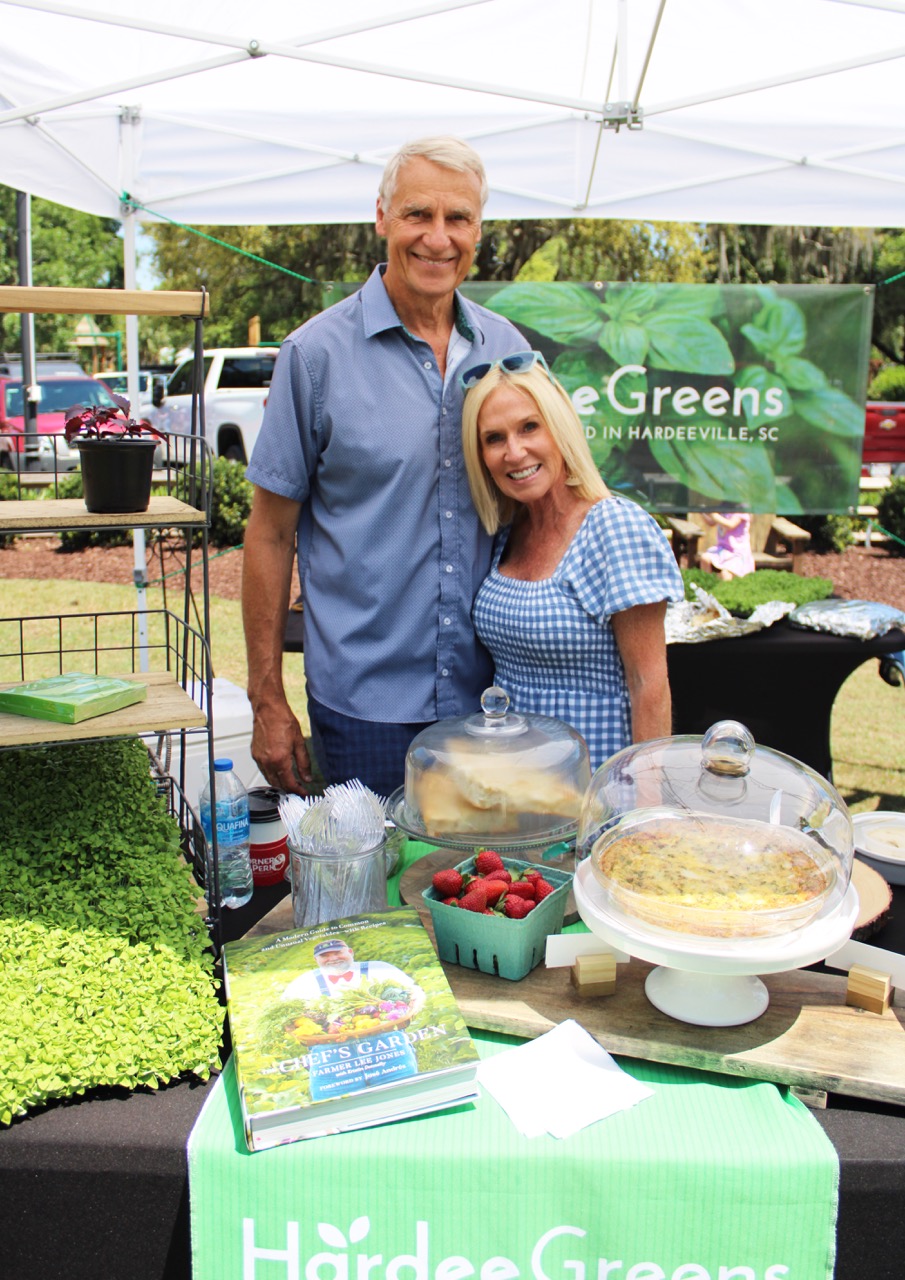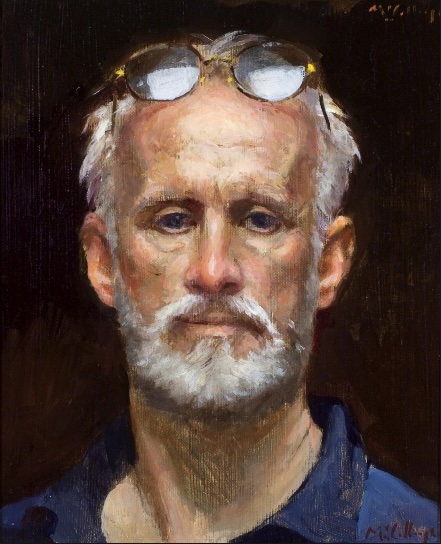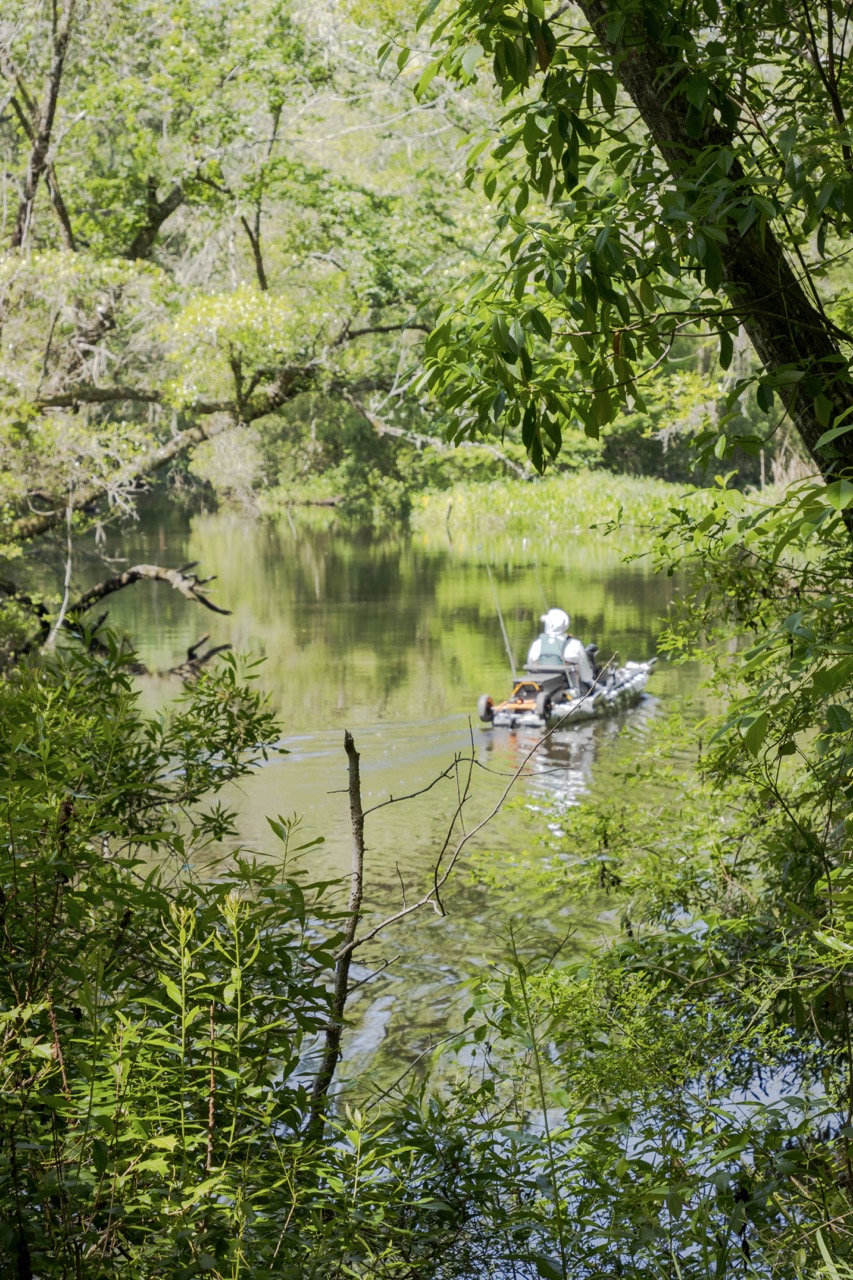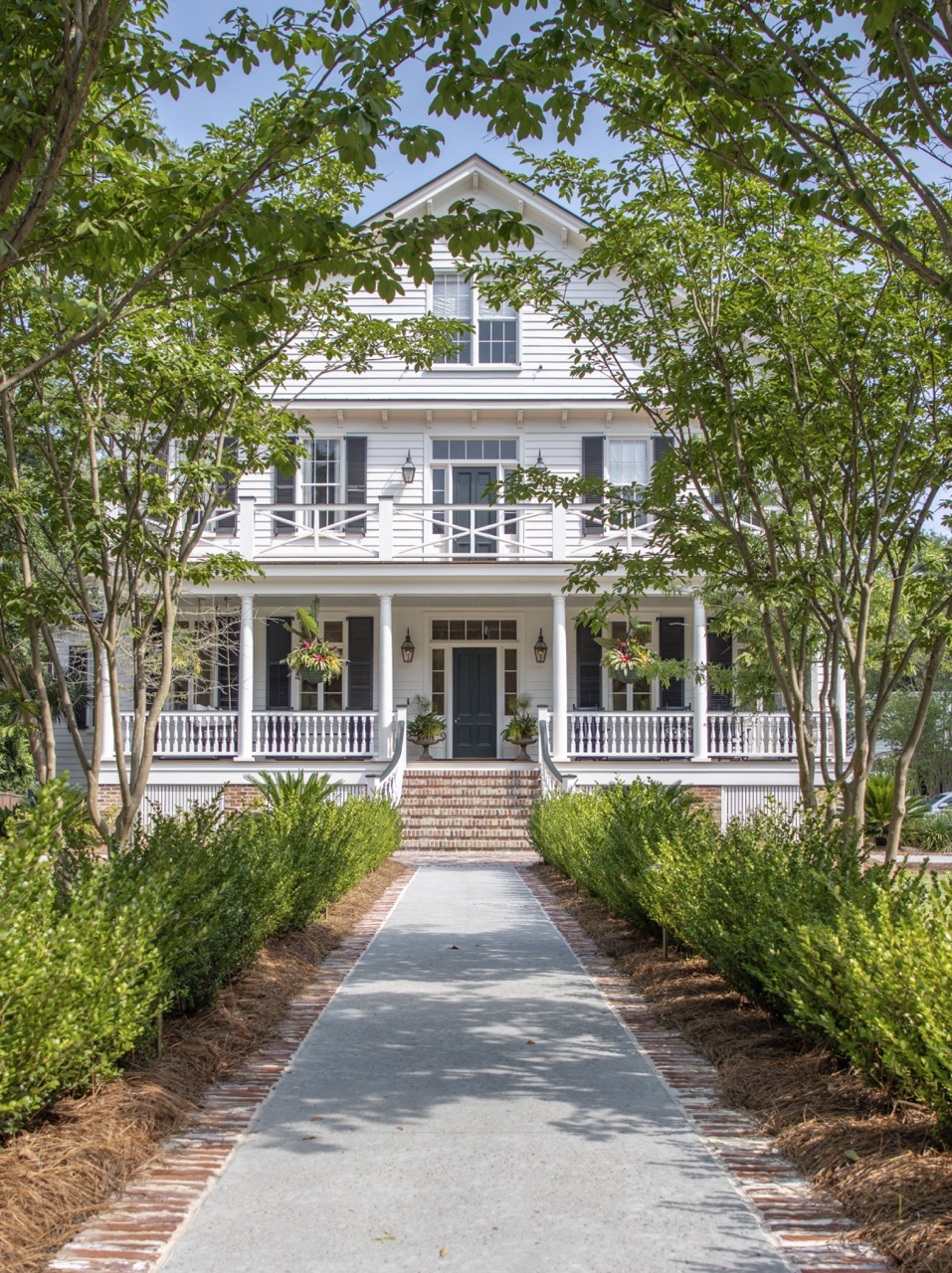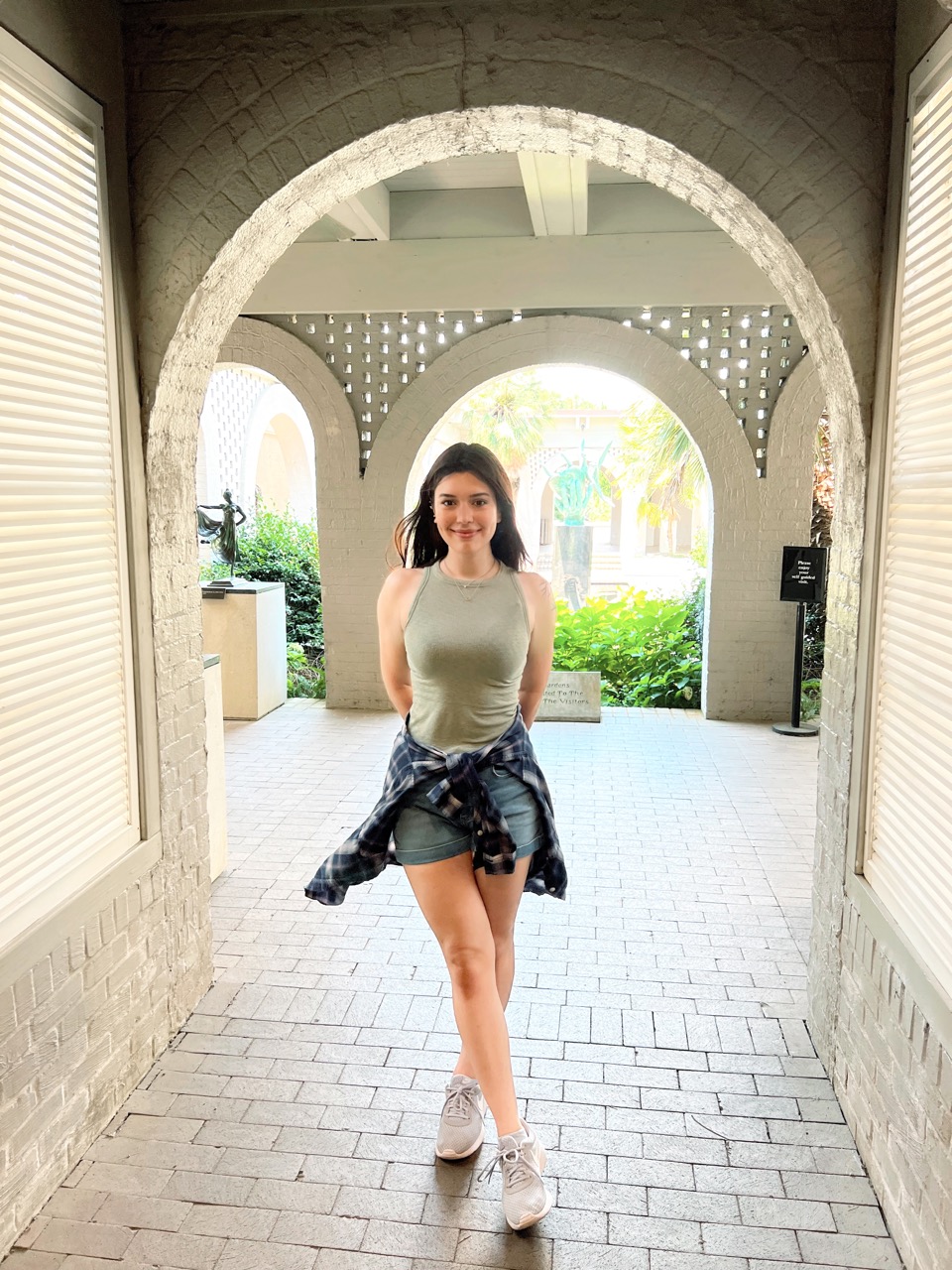Hardee Greens’ Innovative Agricultural Practices Pack Flavor and Nutrients Into Micro Greens.
By Eliza Chapman Bailey
Photography by Jenna Lachenman
Environmental and health-conscious consumers read labels to identify products’ origins. Certified organic produce is pesticide-free and grown without artificial fertilizer. Green produce has no specific standards but does not damage people or the ecosystem. It is difficult for products to be 100% green because, let’s face it, manufacturing, transportation, and packaging all impact the environment. During the pandemic, interruptions in the food supply chain challenged consumer choices and exposed more people to food insecurity.
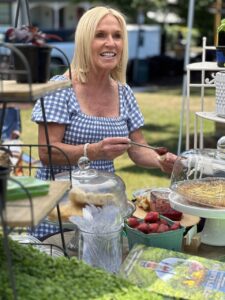
In 2020, the Harsta family, owners of Hardee Greens (Roel, Jennifer, and their sons Eric, Chase, and Logan), discovered, “It ain’t easy being (or eating) green.” Passionate to see the region become healthier, sustainable, and independent of outsourced and imported foods, they researched viable alternatives to food production. Roel, a business owner-engineer specializing in process controls/automation, found the technology-supported aspects of vertical farming- growing crops indoors in stacked layers in a controlled environment, fascinating. He pitched the idea of starting a vertical farm to his family. Everyone agreed the time to bring a new form of farming to the area could not be better.
The Harsta’s bought an abandoned church next to the Town of Hardeeville’s Municipal Buildings and Baseball fields, located at 45 Randall Street. The vaulted ceiling and open layout were retrofitted with the technology needed to house 12 vertical acres to grow herbs, microgreens, and lush lettuce without pesticides or herbicides in a controlled environment.
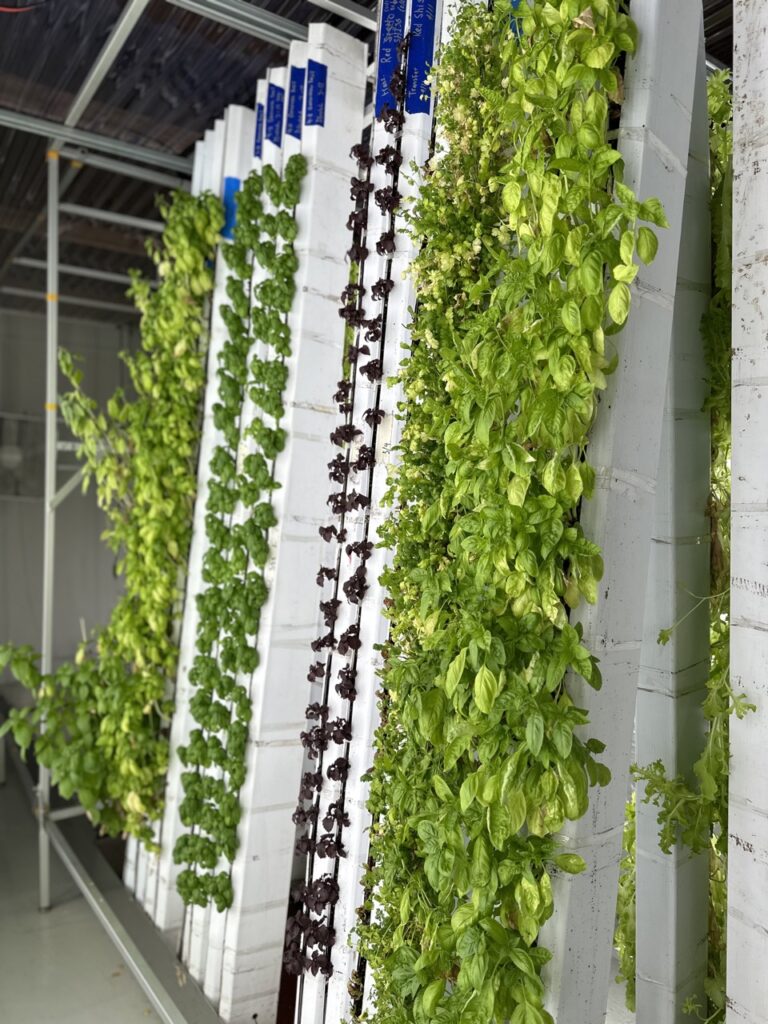
Jennifer reflects our goal with Hardee Greens “is to serve and strengthen the community while coming alongside area farmers – not as competition, but as a complementary and collaborative addition to the local landscape.” Adding to her sentiment, Roel expounds, “and to ensure that everyone can have fresh produce 365 days a year, but we are also thrilled that we are helping address even larger issues: reducing the carbon footprint of trucking produce across the country, using less water and land, and providing reliable availability.”
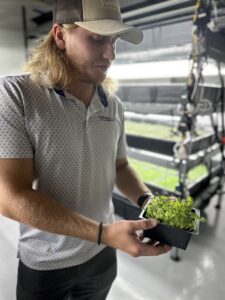
The Sanctuary at Hardee Greens employs an innovative oxyfertigation process. This method infuses extra oxygen into the water, promoting the growth of more nutritious and hardier plants. It also uses less waste than traditional methods. Each vertical acre at Hardee Greens is equipped with 56 non-GMO seed cartridges packed in organic soil. The watering system recycles water from catch basins below the plants, minimizing water consumption. The light, temperature, and atmospheric conditions are meticulously controlled, ensuring optimized growth year-round with 70 to 90 percent less water consumption than field farming. Each room has its own HVAC system, allowing the Harasta’s to create the ideal conditions for each plant variety.
Hardee Greens has taken a community-centric approach by partnering with the City of Hardeeville to sponsor a farmers’ market in the future. They have also developed educational programs and field trip opportunities for all age groups to enhance the community’s understanding of food production and consumption. This initiative is a call to action, urging individuals to become conscientious consumers and reap the health and environmental benefits.
For more information, please visit Hardee Greens at www.hardeegreens.com to learn about regional Farmer’s Market locations, Agri-Tourism opportunities, and upcoming events.

